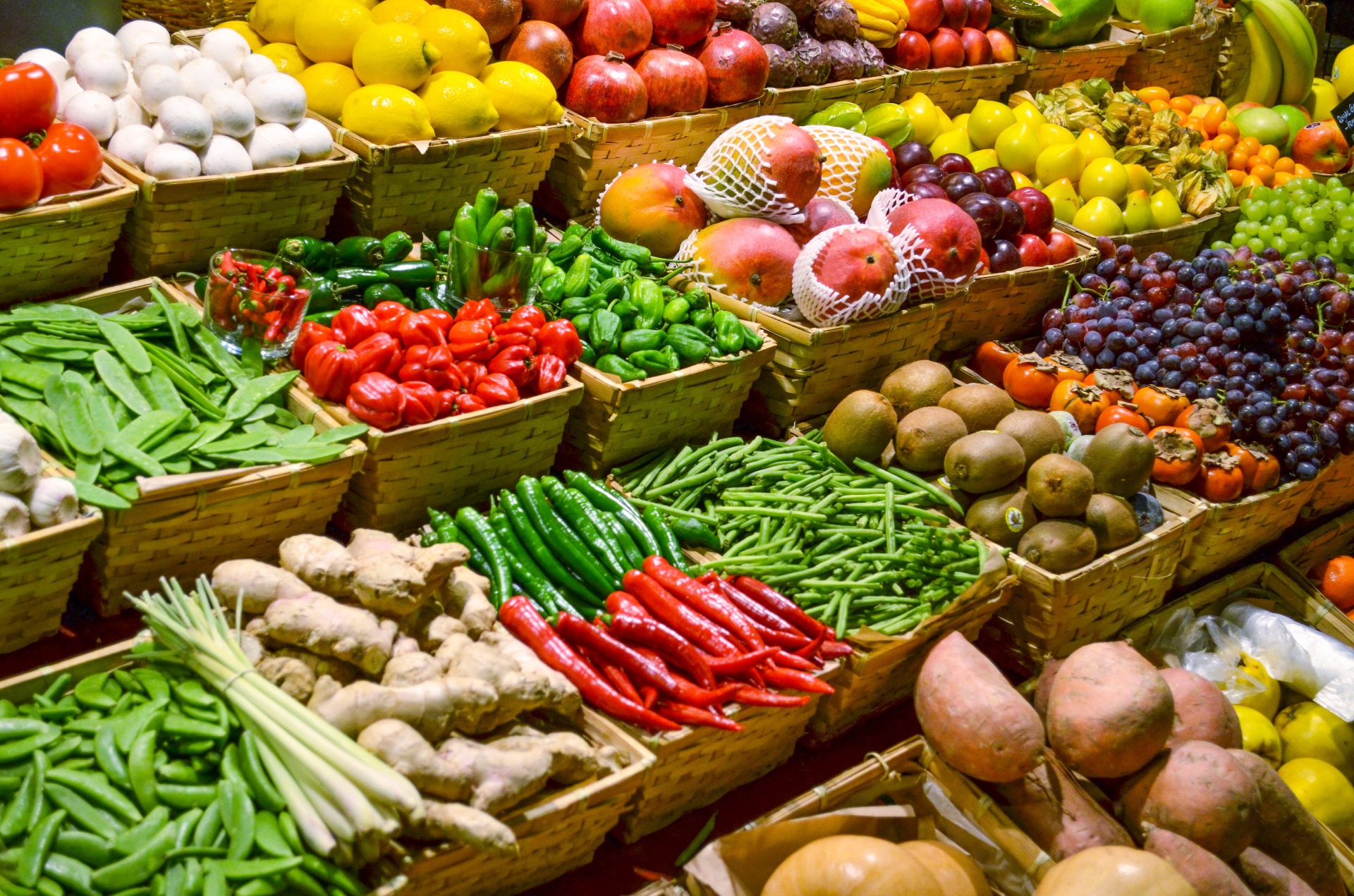Anti-Cancer Natural Compounds That Change the Expression of Tumor-Suppressor Genes and Oncogenes

Please see the following pivotal article, which thoroughly addresses this topic: "Anticancer Natural Compounds as Epigenetic Modulators of Gene Expression" by Edward A. Ratovitski.
Found in: https://www.ncbi.nlm.nih.gov/pmc/articles/PMC5345332/
For example, the article details specific anti-tumor epigenetic changes made by the following natural compounds, among others: curcumin (in turmeric), 6-gingerol (ginger), eugenol (cloves), diosgenin (fenugreek), anethol (anise, camphor, and fennel), catechins (green tea), sulforaphane (found in cruciferous vegetables, if raw or cooked at temperatures not exceeding 140˚C), quercetin--especially with sulforaphane (quercetin is found in capers, onions--especially red onions, dill, cilantro, watercress, kale, tomatoes, and apples), phenethyl isothiocyanate (found in watercress), indole-3-carbinol (found in raw cruciferous vegetables, or those not cooked at temperatures over 140˚C), genistein (soybean), lycopene (tomato), capsaicin (red chilli), S-allyl cysteine (in allium vegetables, which include garlic, onions, and leeks), diallyl sulfide (allium), diallyl disulfide (garlic), allicin (garlic), resveratrol (in grapes, blueberries, mulberries, and cranberries), bergamottin (in grapefruit juice), ellagic acid (pomegranate), ursolic acid (apple, pears, prunes), silymarin (milk thistle), and limonene (citrus fruits).